Search Results
Showing results 1 to 20 of 46

Dripping Wet or Dry as a Bone?
Learners investigate the concept of humidity by using a dry and wet sponge as a model. They determine a model for 100% humidity, a sponge saturated with water.
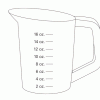
Using Food Labels
Source Institutions
In this nutrition activity, learners explore food labels and consider the nutritional value of foods. Learners also explore units of measurement commonly used on food labels.
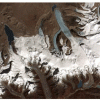
Earth's Energy Cycle: Albedo
Source Institutions
In this activity, learners experiment and observe how the color of materials that cover the Earth affects the amounts of sunlight our planet absorbs.
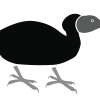
It's All About Birds
Source Institutions
In this activity, learners create their own bird species using arts and crafts materials. The bird call recordings are not online so the introduction activity can't be done, but everything else can.
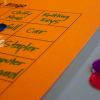
Sound Bingo
Source Institutions
This game is like regular bingo, except the clues are sounds.

How Big Were the Dinosaurs?
Source Institutions
In this activity (located on page 4 of PDF), learners gain insight into the actual size of dinosaurs and practice making estimations and measurements.
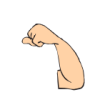
A Book About Me
Source Institutions
In this math activity, each learner creates a book about themselves using a template. Learners discuss the different parts of the body and practice measuring their body parts using crayons.
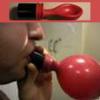
Under Pressure: Your Blood Pressure
Source Institutions
During this lesson, learners will determine their blood pressure and learn about systolic and diastolic pressures.
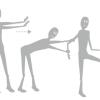
Pathways with Friends
Source Institutions
Directed by instructional cards, learners kinesthetically model cell communication by acting as components in a cell signaling pathway.
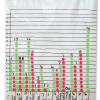
An Inventory of My Traits
Source Institutions
In this genetics meets math activity, learners take inventories of their own easily-observable genetic traits and compare those inventories with other learners in groups.
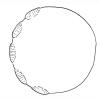
Elephant Foot
Source Institutions
Using a real-size sketch of a baby elephant's footprint, learners estimate, measure and record the width (diameter) and outside edge length (perimeter or circumference) of the footprint.
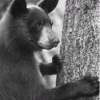
Food Webs
Source Institutions
In this activity, learners construct possible food webs for six different ecosystems as they learn about the roles of different kinds of living organisms.
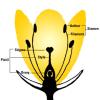
Partners in Pollination
Source Institutions
In this activity, learners identify the reproductive parts of plants and the animal (bee) structures involved in pollination.
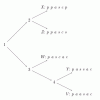
Phylogenetics
Source Institutions
This activity lets learners participate in the process of reconstructing a phylogenetic tree and introduces them to several core bioinformatics concepts, particularly in relation to evolution.

Breathing Machine
Source Institutions
In this activity, learners work in teams to construct human lung models from small plastic beverage bottles and balloons.
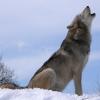
Wolf Postures
Source Institutions
In this activity, learners investigate how wolves communicate with each other through different body postures.
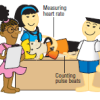
Changing Body Positions: How Does the Circulatory System Adjust?
Source Institutions
In this activity about how the body regulates blood pressure (page 117 of the PDF), learners make and compare measurements of heart rate and blood pressure from three body positions: sitting, standing
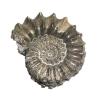
Xenosmilus
Source Institutions
Learners imagine they are paleontologists in Florida, where they find (remove from envelope) paper "fossils" of some unknown creature, only a few at a time.

Carbon Cycle Poster
Source Institutions
In this activity, learners gain knowledge about how carbon moves through all four of the Earth’s major spheres (biosphere, hydrosphere, atmosphere, and lithosphere), and understand how humans influenc
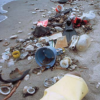
Trash Traits
Source Institutions
In this activity on page 24, learners perform experiments to examine whether or not trash can float, blow around, or wash away.
